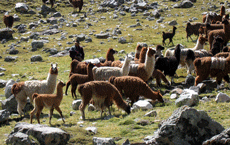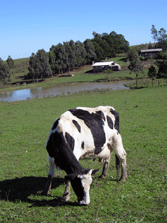|
|
||||||||||||||
|
|
So that a new governance of land and natural resources can be promoted, a deep change in our way of thinking must take place. Our method enables us to identify the forerunner signs and the sparks of this revolution of governance. AGTER and the network it runs establish the means of observation which are necessary to identify, take inventory and compare what is moving in the world relating to management of land and natural resources:
“SHARING EXPERIENCES”
For some Notebooks, such as the one on agrarian reforms and land policies, workshops organized during the two first social forums of Porto Alegre enabled to dig ideas and debates. COLLECTIVE ACTION
This framework is the only warrant of originality of the contribution offered by the network. It helps to move forward, from the ability of collective analysis to the ability to built common proposals at an international level. Sharing experiences and building collective proposals are the two ways of working that we chose in order to build the basis of the fundamental knowledge that is to be pooled within the network, distributed and promoted among different sectors of the civil society. This working method permits to consider two key questions:
The only kind of partnership that can meet these challenges is a partnership that refuses the usual paternalism of States and funding organizations. It must also establish new social pacts that can fulfil long-term objectives. For more details on methodological aspects, see Pierre Calame’s book (soon to be translated into English) « La démocratie en miettes »: see the website of the Editions Charles Leopold Mayer. |
AGTER. Dirección: 45 bis, avenue de la Belle Gabrielle, 94736 NOGENT SUR MARNE CEDEX, FRANCE
Teléfono: +33(0)1 43 94 72 59 / +33(0)1 43 94 72 96
E-mail: agter@agter.org





